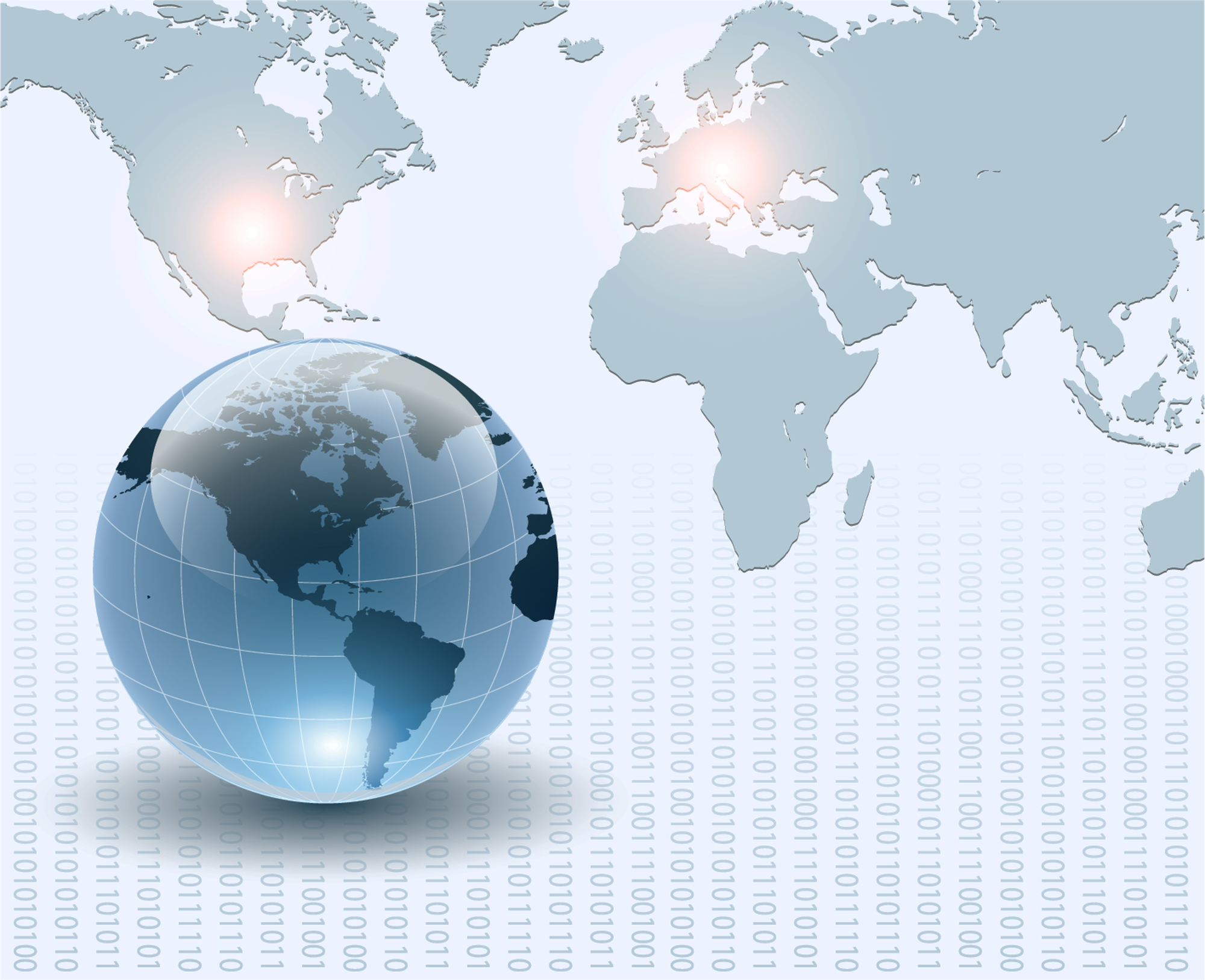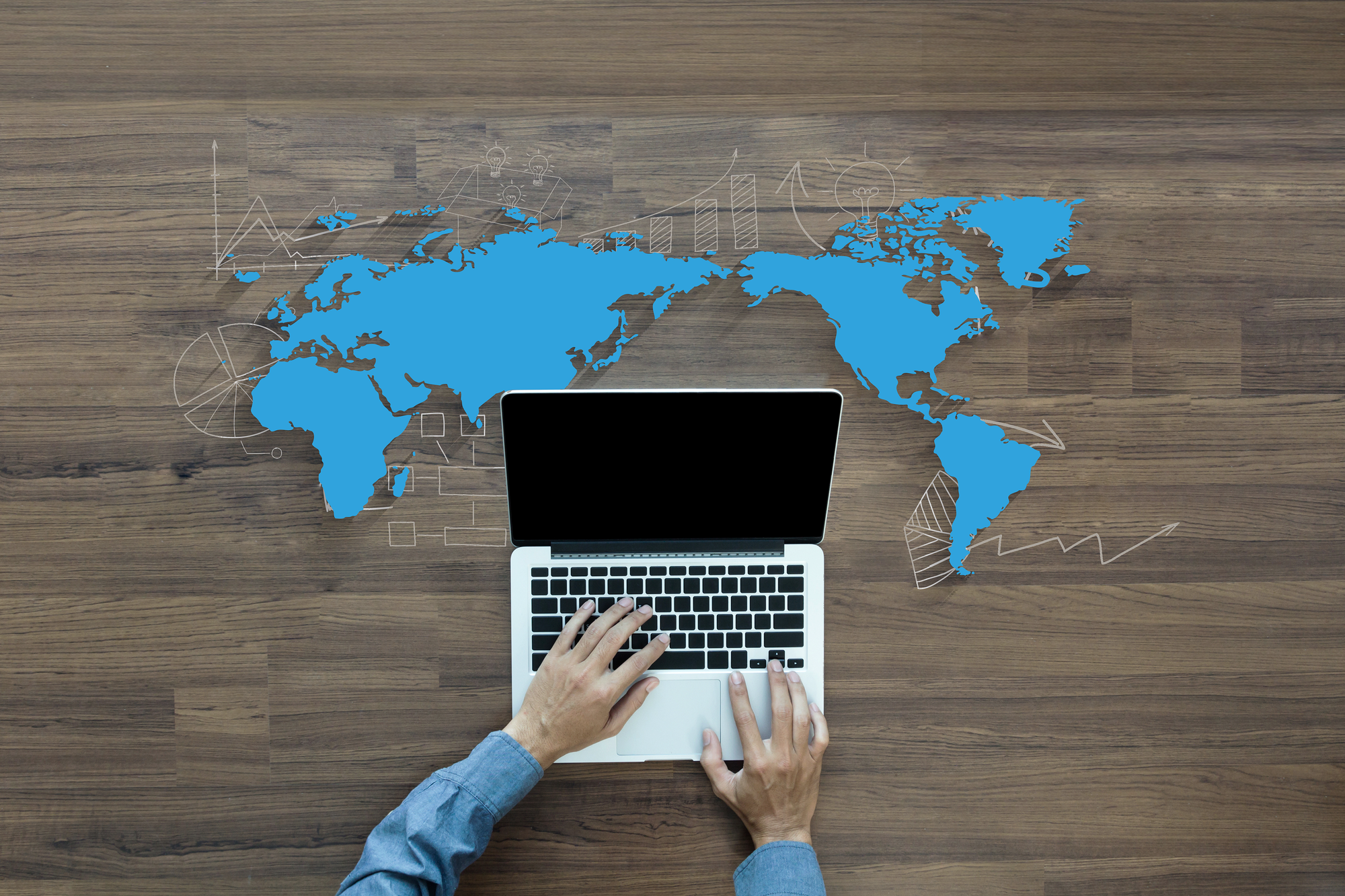ABOUT JAIBO
Mission
JAIBO’s mission is, through vigorous trade between countries, to correct economic imbalances and decrease inequality across countries to create a meaningful society and contribute to economic growth.
What is JAIBO?
The Japan Import Business Organization (JAIBO) is an organization that offers a wide variety of information that will help Japan and Japanese people lead the next 100 years in the field of import business as the world comes together as one major trade area.
By sharing information regarding the fundamental principles and rules of import business that’s in line with global trends, JAIBO has made it its mission to create a world where Japan and Japanese people can demonstrate leadership.
Why Do Import Business Now?
■When it comes to import business, smaller companies have the upper hand over major companies.
In a global society, the ability to make prompt decisions and take action quickly is more important than the size of the company.
■You can become a manufacturer without capital investment.
Importers serve as the manufacturers in Japan.
■You can put together a sales team without hiring any employees.
As members of your own sales team, you can use listed companies and superior companies in Japan, other domestic manufacturers, and well-known distributors.
■You can freely set prices.
You can set prices without being concerned about Japan’s fixed price policy.
■You can start with a small amount of capital.
You can start without having to invest in equipment and human resources or purchase in large bulk quantities.
■You can start with limited English skills.
You can deal with overseas manufacturers with basic English skills.
JAIBO’s Activities
JAIBO supports companies planning to engage in the import business through the following activities.
- Provide information concerning the import business
- Share knowledge regarding the import business as a whole
- Set forth the rules related to the import business, and offer enlightenment
Social Context in which JAIBO was Founded
~Japan Becomes Part of the Major Global Trade Area~
As the Trans-Pacific Partnership (TPP) entered into force in late 2018, the customs duties on goods imported to Japan from member countries are expected to be eventually abolished. Then in February 2019, the Economic Partnership Agreement (EPA) entered into force between Japan and Europe. With customs duties no longer an obstacle, globalization trends—where the liberalization of exchanges between not only goods but also people and services is introduced—will likely be further reinforced.
After all, globalization means the strengthening of global economic ties due the transfer of capital and labor beyond borders becoming active as well as increased transactions of goods and services through trade.
If the ties deepen, Japan will no longer be able to remain a presence separated from the world as it used to be until now. Just like foreign visitors to Japan have increased, there will be an incoming wave of goods, services and labor from across the world in the future.
In fact, on April 1, 2019, the Revised Immigration Control and Refugee Recognition Act, which includes the new “Specified Skilled Worker” status of residence aiming at accepting experienced foreign human resources with specific expertise and skills, came into force.
In addition to labor, all types of service, investment, e-commerce, government procurement, as well as intellectual property will come to Japan from abroad.
This will affect every industry, regardless of the size of the business.
In such a global society, what’s required is “the freedom and the ability of individuals and companies to start economic transactions with other nations on their own initiative.”
Here, “freedom” refers the state of being in an environment where there are no obstacles in the transfer of capital, labor, etc. across national borders, and “ability” refers to the ability to provide products and services across national borders.
As the “freedom” of the transfer of capital and labor is becoming a reality through the TPP and the EPA with Europe, the “ability” to conduct economic activities across national borders is a required literacy. The notions that are necessary for the increase of such literacy constitute the very approach of the import business.
JAIBO will share information that is useful to survive in the global era, with a particular focus on import business.
Historical Background of the Foundation of JAIBO
~Major Trends in the History of Trade~
The history of trade is old. Japan’s “World History” textbooks mention that the first trades that took place were in around 3,000 B.C. during the Sumerian civilization.
Later, trades continued to expand, but in the early 19th century, a very important concept was born in international trade. That concept was the theory of “comparative advantage.” It’s a theory which British economist David Ricardo developed, and it basically demonstrates that when trade takes place between two countries, both countries have a major advantage. By having each country focus on the production of commodities they are good at producing and rely on trade for the other commodities, they can both gain more. In other words, international division of labor, where countries specialize in the production of particular types of goods, which they use for exchange, increases overall profits.
Ever since this theory was demonstrated, the international society started to take various approaches toward the realization of free trade. However, when the Great Depression hit in 1929, countries began to restrict imports to protect domestic industries, which in turn further deepened the recession and aggravated the financial crisis.
So as not to repeat the mistake, countries began making various efforts toward achieving free trade, including the General Agreement on Tariffs and Trade (GATT) that came into force in 1948, and the World Trade Organization (WTO), born out of the GATT in an attempt to make the rules more binding.
A variety of trade rules are decided during WTO Ministerial Conferences, but this is time consuming because all 153 nations hold meetings together. That’s when a new trend emerged. Nations that got along well came together to decide the rules by themselves. They are the FTA and the EPA
Free Trade Agreements (FTA) eliminate tariffs imposed on exports and imports between specific nations and regions, as well as accept that certain services be provided. Meanwhile, the Economic Partnership Agreement (EPA) deals not only with goods and services but also human resources.
And to further expand the FTA and EPA and promote free trade among nations in the Pacific is the Trans-Pacific Partnership Agreement (TPP).
So if we take a look back at the history of trade, although protectionist moves were sometimes temporarily observed, it is clear that liberalization of free trade will eventually be achieved. That’s because every nation can benefit from it. If Japan is to grow in the future, the country must turn its attention to this trend. And to take this one step further and have Japan lead the world, I founded JAIBO.



